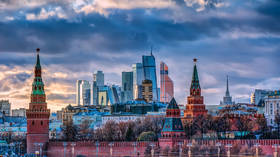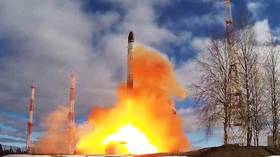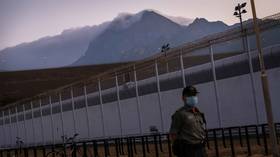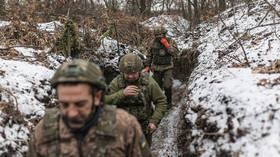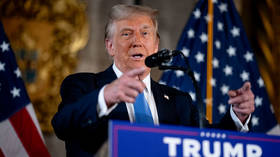The West is threatening Russia with crippling sanctions over potential conflict with Ukraine
The Western media, as well as multiple US officials, have repeatedly warned of an imminent Russian invasion of Ukraine over the past few months and threatened Moscow with severe sanctions if this happens. Washington and its allies have cited the movement of Russian troops within the country’s vast Western territory as ‘proof’ of such plans. Moscow has consistently denied the allegations, insisting it has a right to carry out military maneuvers within its borders as it pleases.
What additional sanctions could Russia face?
How will Russia fare if these sanctions are approved?
The US and EU have previously placed sanctions on Russian banks and companies over Ukraine. Russian Finance Minister Anton Siluanov said last week that further sanctions would be “unpleasant,” but the country would cope. “I think our financial institutions can handle it [if] these risks emerge,” he said.
What will happen to the ruble?
Military escalation in Ukraine and tough sanctions could lead to a depreciation of the ruble and, as a result, a tightening of the Central Bank’s policy and foreign exchange interventions to ensure financial stability, Renaissance Capital analysts say. “In this case, we expect that the outflow of funds from the debt and, more importantly, the stock markets may approach the indicators of 2014-2015 [the beginning and the acute phase of the conflict in eastern Ukraine – Ed.], with the ruble depreciating up to 20%, expanding country risk premium by 200 basis points and a comparable tightening of the monetary policy of the Central Bank,” they said.
What will happen to the price of oil and gas?
“Whereas the Russian-Ukrainian crisis directly affects the regional natural gas prices, crude oil prices are generally aloof, since little Russian oil transits through Ukraine,” Manish Raj, chief financial officer at Velandera Energy Partners, told MarketWatch. “Still, the possibility of an armed conflict is a serious development, and has wide geopolitical ramifications, thereby boosting oil price premiums,” he added. The tensions raise the prospect of oil supply disruptions, with the crude price rallying to a seven-year high this week to almost $90 a barrel.
Can Russia adapt or minimize the effects of sanctions?
How will the global economy react if Russia is severely sanctioned?
Does it mean I should short my Russian stocks?
“screaming buy,” as they see the potential for bargains in the market, pointing out that the price crashes have always been followed by gains.
For more stories on economy & finance visit RT's business section
You can share this story on social media:
Follow RT on 